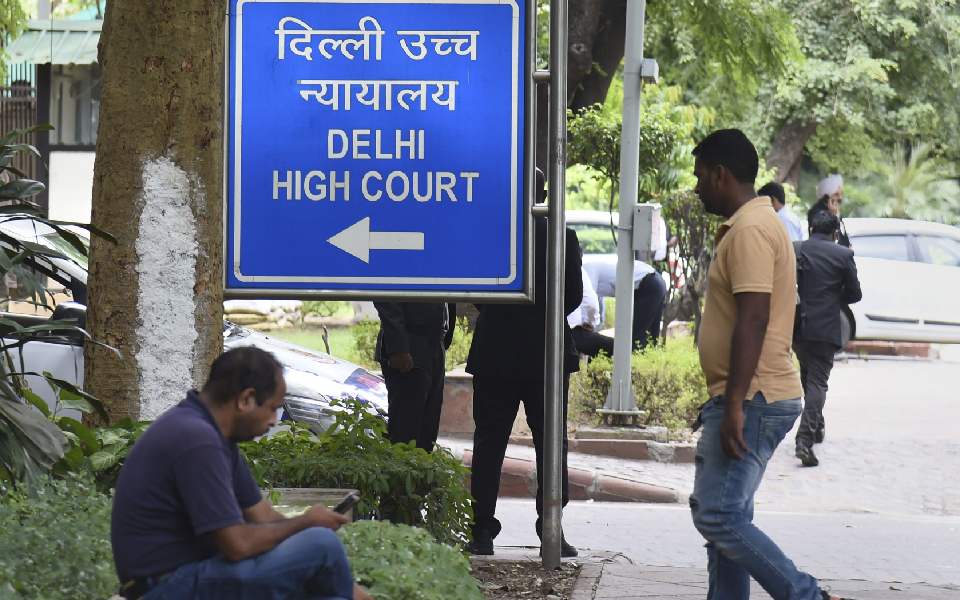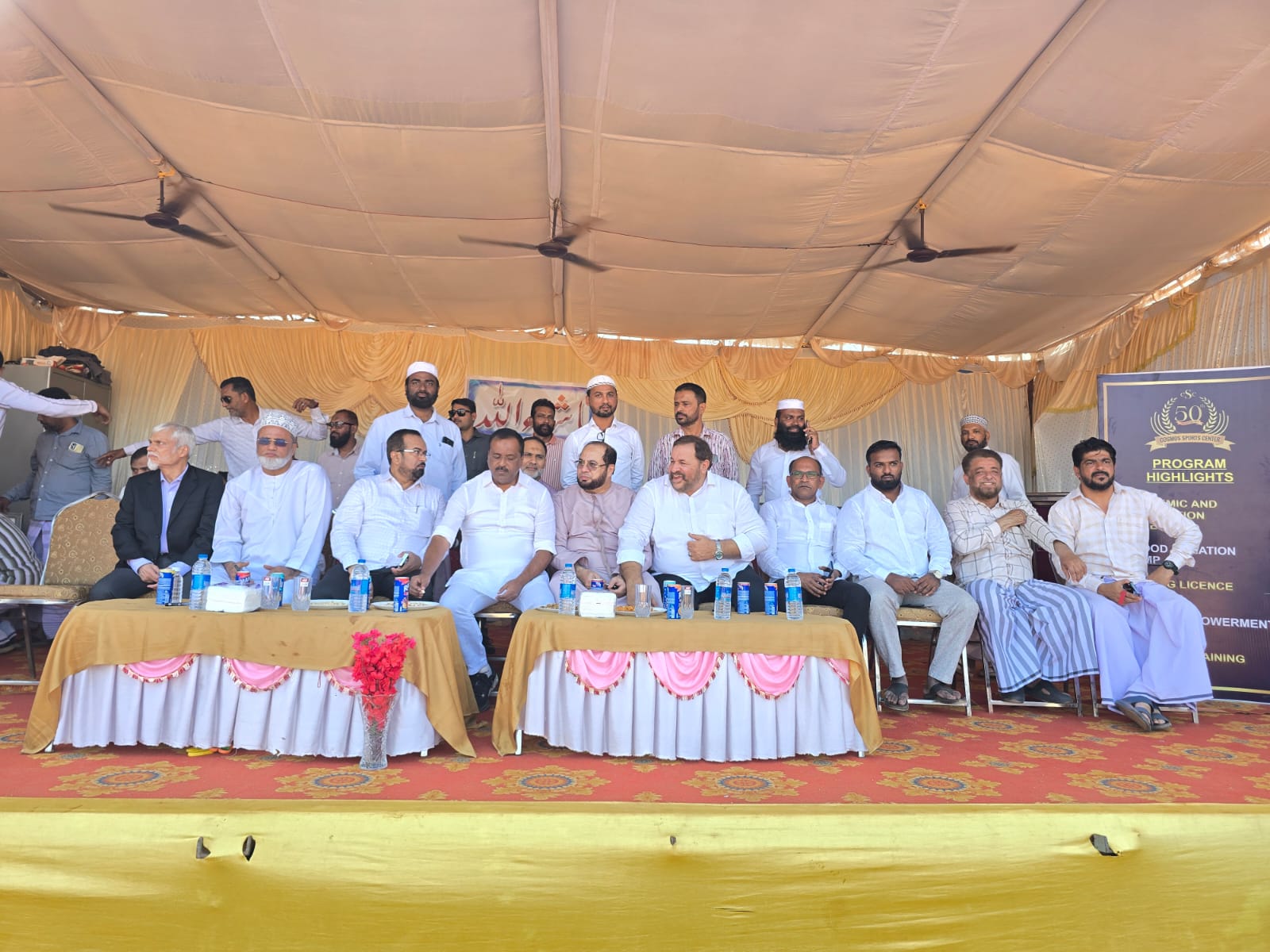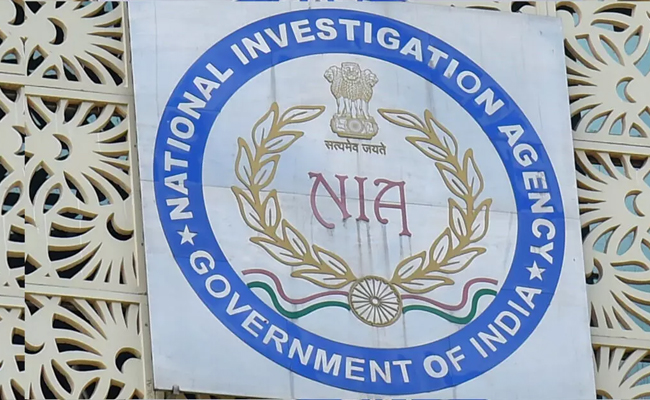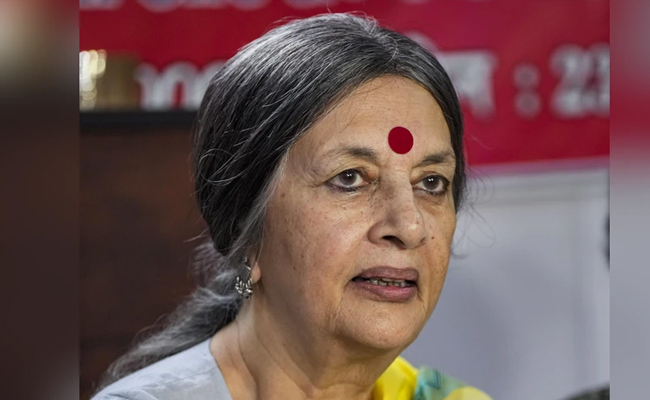New Delhi, Aug 12: A female can also face criminal proceedings under POCSO for committing the offence of "penetrative sexual assault" on a child, and the offence is not restricted to only male offenders, the Delhi High Court has held.
Justice Anup Jairam Bhambhani said the Protection of Children from Sexual Offences (POCSO) Act was enacted to protect children from sexual offenses, "regardless of whether an offense is committed upon a child by a man or a woman". There was no reason why the word "person" appearing in section 3 (penetrative sexual assault) should be read as referring only to a "male", he added.
The court's decision was delivered last week on a plea by an accused in a POCSO case, who argued that since she was a woman, the offences of "penetrative sexual assault" and "aggravated penetrative sexual assault" can simply not be made out against her.
The accused, while assailing the framing of charges against her, contended that a plain reading of the provision showed that it only, and repeatedly, used the pronoun "he", meaning that the intent of the legislature was only to make a man liable for the offense.
However, the court said there is no reason why the word "person' appearing in section 3 of the POCSO Act should be read as referring only to a "male".
"It is accordingly held that the acts mentioned in sections 3 and 5 (aggravated penetrative sexual assault) of the POCSO Act are an offence regardless of the gender of the offender, provided the acts are committed upon a child," the court said in the judgment.
"Giving due regard to the fact that the Legislature enacted the POCSO Act in order to provide protection to children from sexual offenses – regardless of whether an offense is committed upon a child by a man or a woman – the court must not interpret any provision of the statute that derogates from the legislative intent and purpose," it stated.
The court noted that under the Indian Penal Code (IPC), the pronoun "he" and its derivatives are used for any person, whether male or female, and the POCSO provision must not be interpreted in a manner that restricts the offense only to a man.
"When viewed from this lens, the only rational inference is that the pronoun 'he' appearing in section 3(a), 3(b), 3(c) and 3(d) must not be so interpreted as to restrict the offense engrafted in those sections only to a 'man'.
"It is extremely important to note that the said provisions include within the ambit of penetrative sexual assault, the insertion of any object or body-part; or the manipulation of any body part of a child to cause penetration; or the application of the mouth. It would therefore be completely illogical to say that the offense contemplated in those provisions refers only to penetration by a penis," the court observed.
The court, on a prima-facie consideration of the material, therefore, ruled that the offence of "aggravated penetrative sexual assault" was made out against the petitioner, even though she was a woman.
"The petitioner is therefore required to be put to trial for the offenses as charged. The petition is accordingly dismissed," held the court.
Let the Truth be known. If you read VB and like VB, please be a VB Supporter and Help us deliver the Truth to one and all.
Mumbai (PTI): In view of Argentine superstar footballer Lionel Messi's visit to Mumbai on Sunday, the city police are implementing stringent security measures, like not allowing water bottles, metals, coins inside the stadiums and setting up watchtowers to keep an eye on the crowd, officials said.
The police also said taking extra care to avoid any stampede-like situation and to prevent recurrence of the chaotic situation that unfolded in Kolkata during Messi's visit on Saturday as thousands of fans protested inside the Salt Lake stadium here after failing to catch a clear glimpse of the football icon despite paying hefty sums for tickets.
Messi is expected to be present at the Cricket Club of India (Brabourne Stadium) in Mumbai on Sunday for a Padel GOAT Cup event followed by attending a celebrity football match. He is expected to proceed to the Wankhede Stadium for the GOAT India Tour main event around 5 pm.
"In view of Lionel Messi's visit to Mumbai, the police are geared up and have put in place a high level of security arrangements in and around the stadiums located in south Mumbai. Considering the chaos that prevailed in Kolkata and the security breach, we have deployed World Cup-level security arrangements at Brabourne and Wankhede stadiums," an official said.
Expecting heavy crowd near the stadiums during Messi's visit, the city police force has deployed more than 2,000 of its personnel near and around both the venues, he said.
As the Mumbai police have the experience of security 'bandobast' during the victory parade of ICC World Cup-winning Indian team and World Cup final match at the Wankhede Stadium, in which over one lakh cricket fans had gathered, we are prepared to handle a large crowd of fans, he said.
"We are trying to avoid the errors that occurred in the past," the official said.
There is no place to sneak inside the stadiums in Mumbai like the Kolkata stadium, according to him.
The police are also asking the organisers to provide all the required facilities to the fans inside the stadium, so that there will be no chaos, he said, adding the spectators have purchased tickets in the range of Rs 5,000 to 25,000. After paying so much of amount, any spectator expects proper services, while enjoying the event, he said.
The police are expecting 33,000 spectators at the Wankhede Stadium and over 4,000 at Brabourne Stadium. Besides this, more than 30,000 people are expected outside and around the stadiums just to have a glimpse of the football sensation, he said.
The organisers responsible for Messi's India visit recently came to Mumbai to discuss security arrangements. During the meeting, the Mumbai police asked them not to take the event lightly, according to the official.
After those requirements were fulfilled, the final security deployment was chalked out, he said.
Police has the standard procedure of the security arrangements inside the Wankhede Stadium, where people are barred from taking water bottles, metals objects, coins. Police are setting up watch towers near the stadiums and there will be traffic diversions, so that there is maximum space available to stand, according to the official.
Police are also appealing to the spectators to use public transport service for commuting and avoid personal vehicles to reach south Mumbai.
To avoid any stampede-like situation, police are also taking precautionary measures and will stop the fans some distance ahead of the stadium and public announcement systems will be used to guide the crowd. Barricades will be placed at various places to manage the crowd.
In case the crowd swells up beyond expectation, the police will divert people to other grounds and preparations in this regard underway, he said.
Additional police force has been deployed in south Mumbai to tackle any kind of situation, he said.





